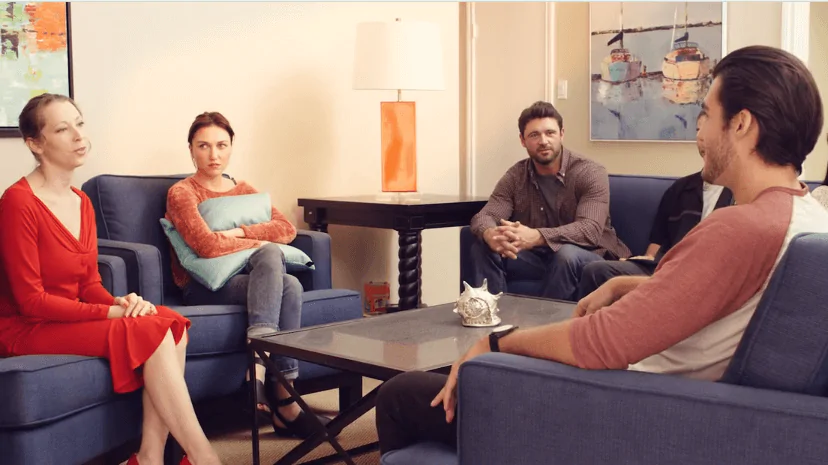24/7 Helpline:
(866) 899-111424/7 Helpline:
(866) 899-1114
Learn more about OCD Treatment centers in Deweyville

Other Insurance Options

Group Health Incorporated

Providence

Multiplan

Health Net

Private insurance

Access to Recovery (ATR) Voucher

Choice Care Network

Meritain

WellPoint

Aetna

Cigna

Excellus

BHS | Behavioral Health Systems

Highmark

Covered California

Magellan

Magellan Health

PHCS Network

UMR

Optima










